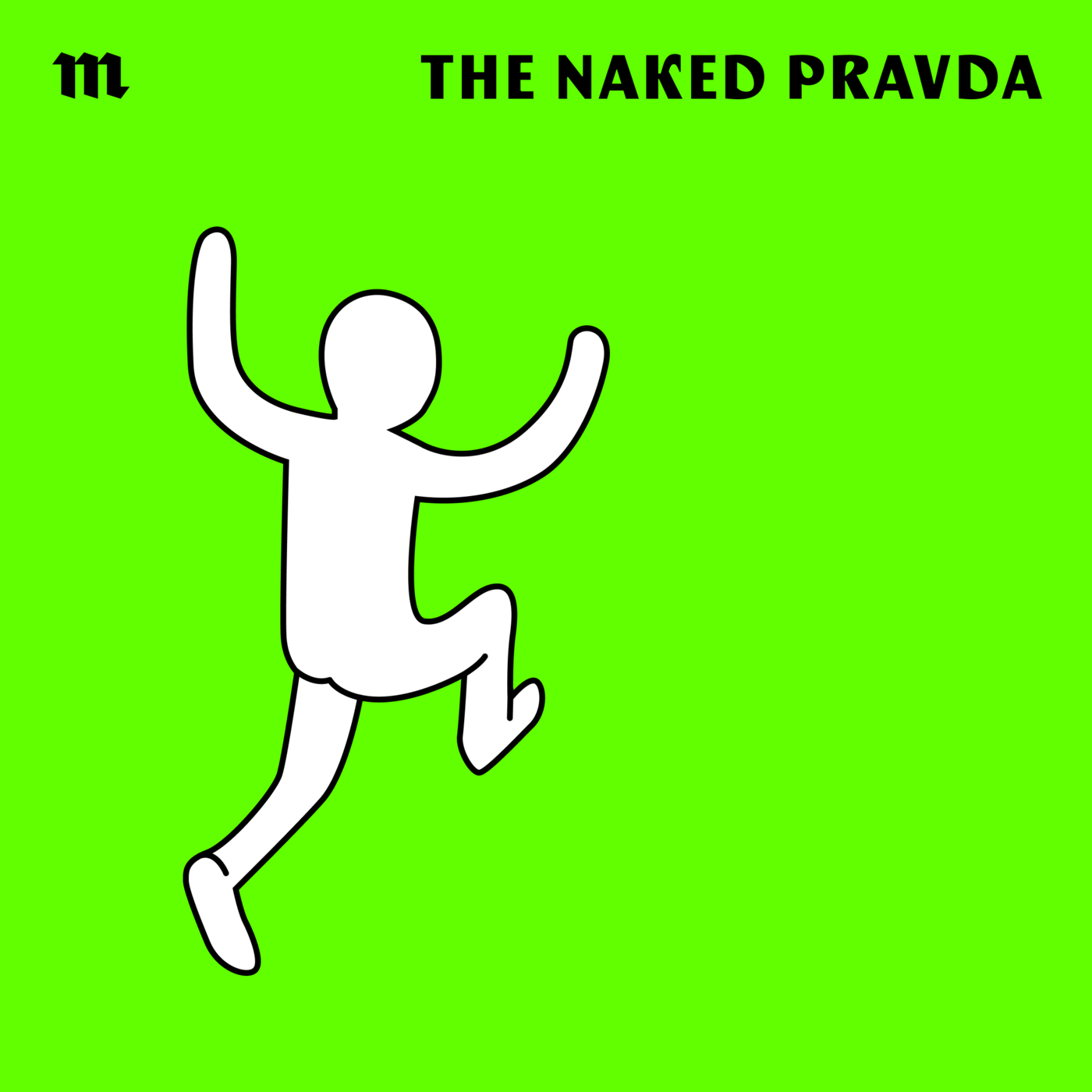
Russia’s troubled ‘green future’

The Naked Pravda
Shownotes Transcript
About a month ago, the Russian authorities outlawed) Greenpeace, giving it the same treatment as Meduza, slapping the organization with an “undesirability” label that makes its operations illegal. Greenpeace International “poses a danger to the foundations of Russia’s constitutional order and security,” declared the Prosecutor General’s Office. Its work “actively promotes a political agenda and attempts to interfere in the state’s internal affairs, with an aim to undermine its economic foundations.”
Greenpeace itself says the crackdown — which forced it to dissolve its Russian branch — was retaliation for its opposition to proposed changes to the Russian environmental law that would lift the ban on logging around Lake Baikal, a protected ecosystem in Siberia and the world’s deepest freshwater lake.
A couple of months earlier, Russia’s Justice Ministry designated) the World Wildlife Fund as a “foreign agent” for allegedly “trying to influence the decisions of the executive and legislative branches of the Russian Federation, and to hinder the completion of industrial and infrastructural projects” — “under the guise of protecting nature and the environment.”
To understand the short-term and long-term consequences of these designations and the fallout of Russia’s wartime environmental policies, Meduza spoke to environmental journalist Angelina Davydova), who recently coauthored an article with Eugene Simonov, titled “Does Russia Have a ‘Green’ Future?)” that explores where Russia is headed environmentally in light of the war effort against Ukraine and all the Western sanctions imposed as a result.
Timestamps for this episode:
-
(6:56) Russian environmentalism after the crackdown on Greenpeace and the WWF
(10:31) Declining professionalism and corruption in environmental science
(16:25) Russia’s historical approach to nature reserves
(19:18) Opportunities for ‘great green power’
(25:36) The chances of environmental cooperation with the Putin regime at war
Как поддержать нашу редакцию — даже если вы в России и вам очень страшно)